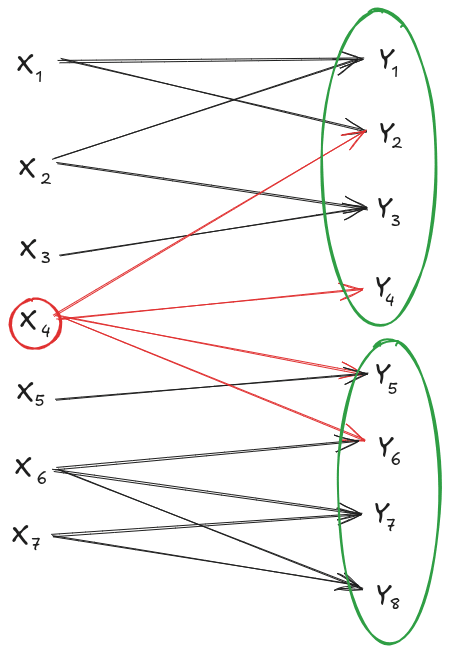Making Vaccine
Back in December, I asked how hard it would be to make a vaccine for oneself. Several people pointed to radvac. It was a best-case scenario: an open-source vaccine design, made for self-experimenters, dead simple to make with readily-available materials, well-explained reasoning about the design, and with the name of one of the world’s more competent biologists (who I already knew of beforehand) stamped on the whitepaper. My girlfriend and I made a batch a week ago and took our first booster yesterday. This post talks a bit about the process, a bit about our plan, and a bit about motivations. Bear in mind that we may have made mistakes - if something seems off, leave a comment. The Process All of the materials and equipment to make the vaccine cost us about $1000. We did not need any special licenses or anything like that. I do have a little wetlab experience from my undergrad days, but the skills required were pretty minimal. One vial of custom peptide - that little pile of white powder at the bottom. The large majority of the cost (about $850) was the peptides. These are the main active ingredients of the vaccine: short segments of proteins from the COVID virus. They’re all <25 amino acids, so far too small to have any likely function as proteins (for comparison, COVID’s spike protein has 1273 amino acids). They’re just meant to be recognized by the immune system: the immune system learns to recognize these sequences, and that’s what provides immunity. Each of six peptides came in two vials of 4.5 mg each. These are the half we haven't dissolved; we keep them in the freezer as backups. The peptides were custom synthesized. There are companies which synthesize any (short) peptide sequence you want - you can find dozens of them online. The cheapest options suffice for the vaccine - the peptides don’t need to be “purified” (this just means removing partial sequences), they don’t need any special modifications, and very small amounts suffice. The minimum order s


Long before modern ML, it was not difficult to write a program which would generate programs, test those programs on some task, and make random changes to the programs in an attempt to find programs which perform better on the task.
It was also not difficult to apply such a program to the task of self-improvement, i.e. score how quickly it finds new-and-better programs on a basket of object-level tasks (including the self-improvement task itself).
All that would have been straightforward in the 1970s, if one had access to a machine to run it all. By the 1990s, a bright CS undergrad could do it on their home computer. The loop you're talking about was easy to code long before modern ML.